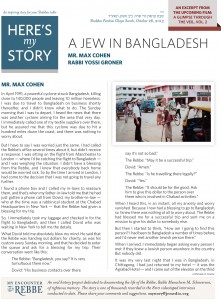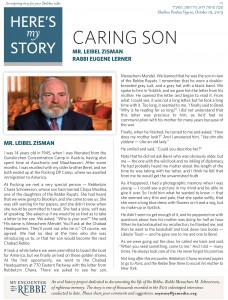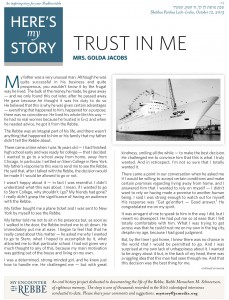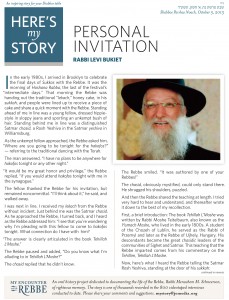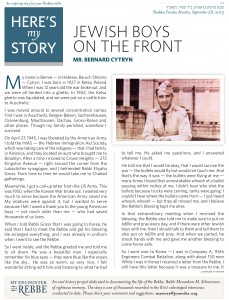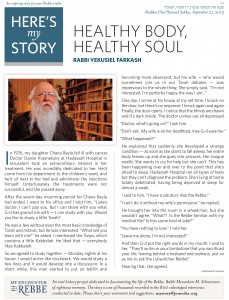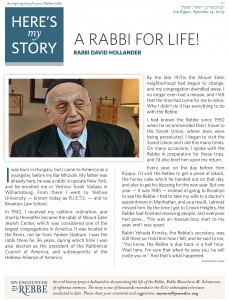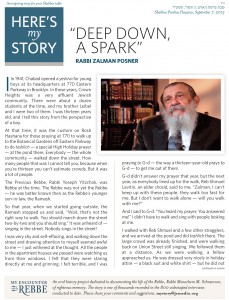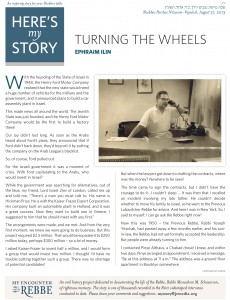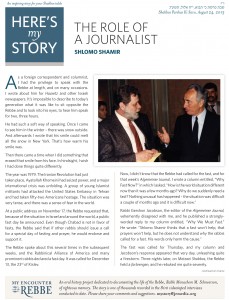HMS: A Jew in Bangladesh
MAX COHEN: In April 1991, a powerful cyclone struck Bangladesh, killing close to 140,000 people and leaving 10 million homeless. I was due to travel to Bangladesh on business shortly thereafter, and I didn’t know what to do. The Sunday morning that I was to depart, I heard the news that there was another cyclone aiming for the area that very day. I immediately called one of my textile suppliers over there, but he assured me that this cyclone was due to hit a hundred miles down the coast, and there was nothing to worry about.
But I have to say I was worried just the same. I had called the Rebbe’s office several times, but that hadn’t had a chance to pose my question to the Rebbe – should I make my trip to Bangladesh? I was sitting on the flight from Manchester to London – where I’d be catching the flight to Bangladesh – and I was weighing the situation. I didn’t have a blessing from the Rebbe, and I knew that everybody back home would be worried sick. So by the time I arrived in London, I had come to the decision that I was not going to travel any further.
I found a phone box and I called my in-laws to re-assure them, and that’s when my father-in-law told me that he had just gotten a phone call from Dovid, my brother-in-law – who at the time was a rabbinical student at the Chabad Headquarters in New York – that the Rebbe had given a blessing for my trip.
So, I immediately took my luggage and checked in for the flight to Bangladesh, and then I called Dovid who was waiting in New York to tell me the details.
What Dovid told me absolutely blew my mind. He said that the Rebbe was handing out dollars for charity, as was his custom every Sunday morning, and that he decided to enter the queue and ask for a blessing for my trip. Their conversation went like this: (more…)


